‘God’s mercy, which operates in Baptism, is stronger than our divisions.’
‘God’s mercy, which operates in Baptism, is stronger than our divisions.’
Dear Brothers and Sisters, good morning!
We have heard the biblical text that, this year, guides the reflection during the Week of Prayer for Christian Unity, which is going on this week, from January 18th to 25th. The passage from the First Letter of Saint Peter was chosen by an ecumenical group of Latvia, requested by the Ecumenical Council of Churches and by the Pontifical Council for Promoting Christian Unity.
At the center of the Lutheran Cathedral of Riga, there is a baptismal font that dates back to the 12th Century, to the time when Latvia was evangelized by Saint Maynard. That font is an eloquent sign of an origin of faith recognized by all Christians of Latvia — Catholics, Lutherans and Orthodox. This origin is our common Baptism. The Second Vatican Council affirmed: “Baptism constitutes the sacramental bond of the unity in force among all those that have been regenerated through it” (Unitatis Redintegratio, 22). The First Letter of Peter is addressed to the first generation of Christians, to make them aware of the gift received in Baptism and of the demands that it entails. In this Week of Prayer, we are also invited to rediscover all this, and to do so together, going beyond our divisions.
First of all, to share in Baptism, means that we are all sinners and are in need of being saved, redeemed, liberated from evil. This is the negative aspect, which the First Letter of Peter calls “darkness” when he says, “[God] has called you out of darkness to lead you into His marvelous light.” This is the experience of death, which Christ made His own, and which is symbolized in Baptism. We affirm that all of us — Catholics, Protestants and Orthodox — share the experience of being called from the merciless and alienating darkness to the encounter with the living God, full of mercy. All of us, unfortunately, experience egoism, which generates division, closure and contempt. To begin again from Baptism means to rediscover the font of mercy, font of hope for all, because no one is excluded from God’s mercy.
The sharing of this grace creates an indissoluble bond among us Christians, so that, in virtue of Baptism, we can really consider ourselves brothers. We are really the holy People of God, even if, because of our sins, we are yet not a fully united people. God’s mercy, which operates in Baptism, is stronger than our divisions. In the measure in which we receive the grace of mercy, we become ever more fully People of God, and we also become capable to proclaim to all His wonderful works, beginning, in fact, from a simple and fraternal witness of unity. We Christians can proclaim to all the strength of the Gospel, committing ourselves to share the works of corporal and spiritual mercy. And this is a concrete witness of unity among us Christians: Protestants, Orthodox and Catholics.
In conclusion, dear brothers and sisters, all of us Christians, through the grace of Baptism, have obtained mercy from God and have been received in His People. All of us, Catholics, Orthodox and Protestants form a royal priesthood and a holy nation. This means that we have a common mission, which is to transmit the mercy [we’ve] received to others, beginning with the poorest and most abandoned. During the Week of Prayer, we pray that all of us, disciples of Christ, will find the way to collaborate together to bring the Father’s mercy to all parts of the world.
Zenit


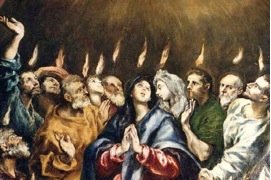
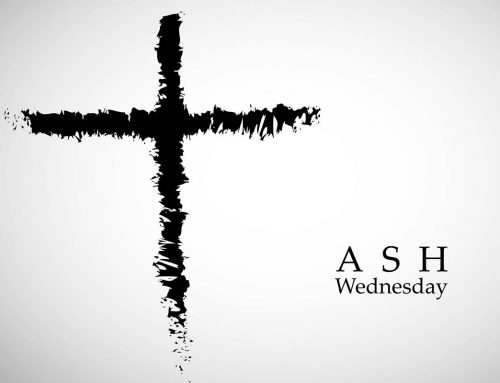
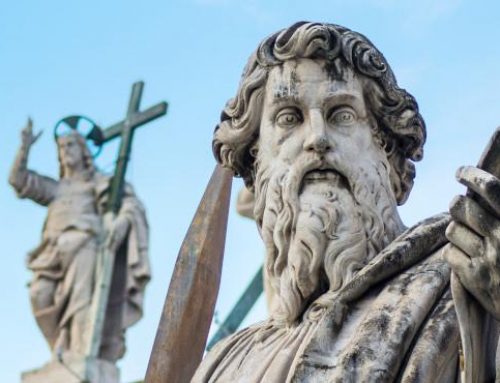
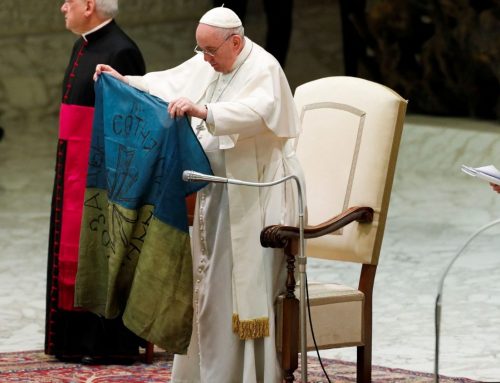
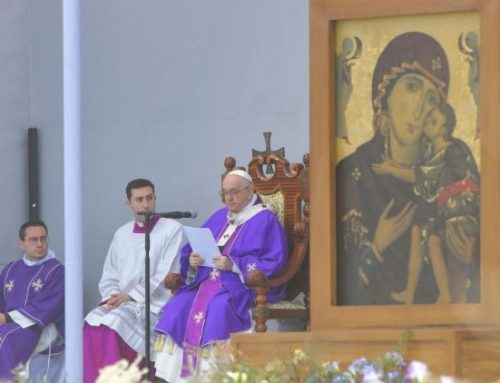
Leave A Comment
You must be logged in to post a comment.